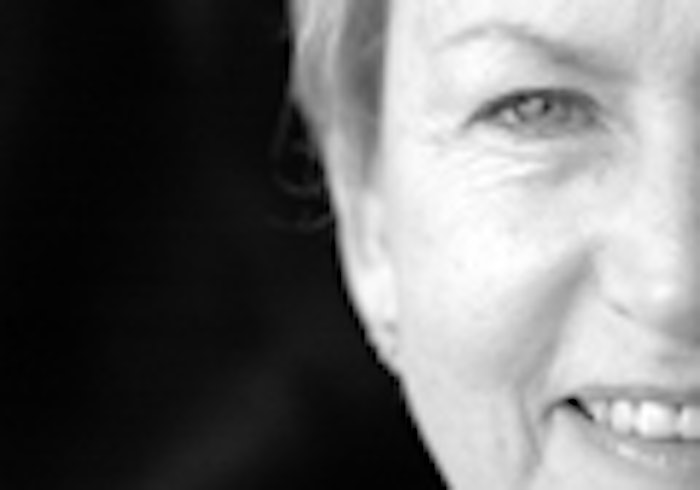
A new survey shows how hairstylists may be helpful in encouraging older clients to get the health care help they need, and it reflects the relationship many spa professionals have with their clients, as well.
Hairstylists can do more than make their clients look good, they may also be helpful in getting some elderly people the health care services they need, an Ohio State University study suggests.
A survey of 40 stylists in the Columbus, Ohio-area found that most develop long-term relationships with their older clients, and these seniors tend to talk freely about their troubles—including those with family, health, depression and anxiety. The hairstylists, in turn, told researchers that they thought they could do a good job recognizing symptoms of depression, dementia and self-neglect in their elderly clientele, although they don't necessarily know what help to recommend in these situations.
According to the findings released online in advance of publication in an upcoming print issue of the Journal of Applied Gerontology, the stylists revealed that most do offer sympathy and encouragement to their clients, and they would even be willing to go as far as referring the person to a helpful community service. Unfortunately, less than half of those surveyed said they knew what these local services might be.
“It seems like a perfect set-up—stylists have access to older adults who may need someone to point them to the help they need. But at least this sample of stylists suggests they don't know what services are out there to help these folks,” study co-author Keith Anderson, an assistant professor of social work at Ohio State University, said in a university news release.
Still, several have tried to offer advice to their clients and about one-quarter have attempted to convince a client to seek professional help at some time. “While not expecting too much beyond the scope of their jobs, we may be able to help stylists direct elderly people in trouble to community services,” noted Anderson, who suggested salons be provided with brochures and other information about these services available to the elderly.
Anderson and colleagues conducted the study to test the popular notion of “salon therapy,” in which barbers and hairstylists offer sympathetic ears and act as world-weary counselors to clients who are under their care for long periods on a regular basis. “Their older clients may sit in a chair for an hour or longer while they’re having their hair done, and this may happen once or twice a month. So stylists are in a good position to recognize when things change with a client, and when they may need help,” he said.
A national program to promote awareness of domestic violence, called “Cut It Out,” already helps hairstylists recognize when clients may be victims and how to help them. While a similar program could help stylists spot mental and physical health problems in seniors, the Ohio survey found that less than half of those polled showed interest in receiving such training. “We can't expect them to do everything, but our results suggest that most stylists care about their clients and would be willing to help them,” Anderson stated in the news release.
More information
The U.S. Centers for Disease Control and Prevention has more about health issues facing the elderly.
HealthDay News, October 4, 2009










